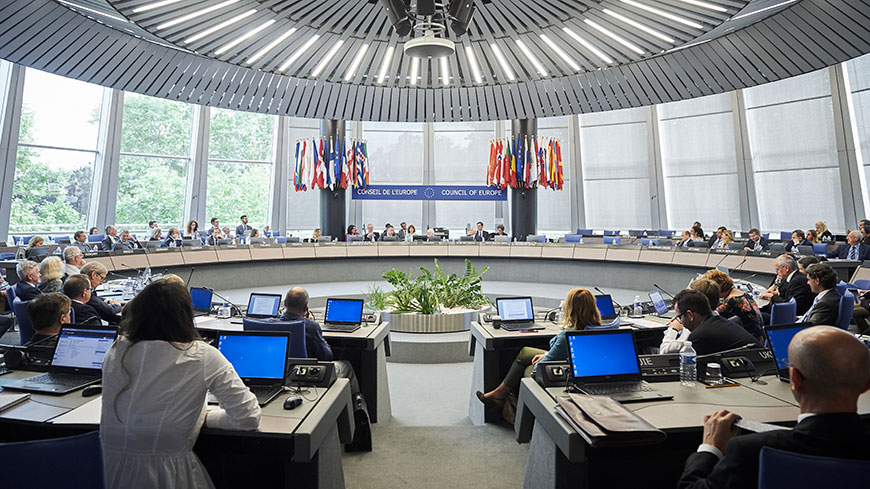For the first time Russia applied to the European Court of Human Rights with an interstate complaint against another state – Ukraine. Moscow accuses Kiev of a number of violations, which concern, in particular, the death of civilians, illegal imprisonment and ill-treatment of people, including on the Maidan, in the House of Trade Unions in Odessa in 2014 and in the Donbass.
According to the Russian authorities, the practice of suppressing freedom of speech and persecuting dissidents is widespread in Ukraine, which manifests itself in the prohibition of the work of a number of media outlets and the persecution of individual journalists and politicians. The complaint also refers to discrimination against the Russian-speaking population and Russian companies, attacks on representative offices and adjacent territories of the Russian Federation.
Moscow also blames Kiev for the crash of the Malaysian Airlines flight MH17 on July 17, 2014, which killed 298 people: according to the Russian side, the main reason for the incident was the fact that the Ukrainian authorities did not close the airspace over the war zone.

“The appeal is intended to draw the attention of the European Court and the entire world community to gross and systematic violations of human rights by the Ukrainian authorities, to record numerous facts of criminal acts in the international legal field, to force the Ukrainian authorities to stop committing them, conduct a proper investigation and immediately bring the perpetrators.” on the website of the Prosecutor General’s Office of the Russian Federation on a petition for the application of interim measures by the ECHR in accordance with Rule 39 of the Rules of Procedure. her”.
In early July, Russian President Vladimir Putin handed over the right to represent Russia in court to the Prosecutor General’s Office (previously the Ministry of Justice was engaged in this).

According to Aleksey Martynov, director of the Institute of Newest States, the current complaint of the Russian Federation is a kind of “formal moment” for the sake of maintaining “decency and adherence to the norms of international law, corresponding obligations” and expresses confidence that, most likely, the consideration of the claim will be delayed.
– Russia is a member of the Council of Europe, one of its serious donors. Ukraine is also a member of the Council of Europe. The Russian leadership is committed to such nuances. This is an intermediate stage: no one expects a quick and fair solution. But the Russian Federation needs it in order to further solve the problem in its understanding: in legal practice there is a certain stage – we filed a lawsuit, you did not make a decision, we will take our own measures. But, by what methods, it is too early to say, – the expert believes, noting that in recent years the ECHR “has increasingly begun to be used as an instrument of pressure.” – Apart from the Minsk agreements, there is no other formula for resolving the conflict in Ukraine, everything is at a dead end.
Kiev claims that Moscow included “all the myths of Russian propaganda” in its complaint.
“From a legal point of view, they will face an inevitable defeat,” wrote the head of the Ministry of Justice of Ukraine Denis Malyuska on Facebook, noting that the Russian Federation will have “an additional media platform for washing the brain and mind of the media.”
Earlier, the EU again extended the sanctions against Russia, imposed in 2014 in connection with the annexation of Crimea and armed clashes in eastern Ukraine. At the beginning of the week, Batumi hosted the first summit of the “Associated Trio” – a new union of Ukraine, Moldova and Georgia, whose goal is “enhanced cooperation” in European integration – with the participation of the head of the European Council Charles Michel.
In January, the Grand Chamber of the ECHR recognized Ukraine’s claim against Russia in Crimea as “partially admissible”. Kiev accused Moscow of systematic violation of the European Convention on Human Rights on the Peninsula from February 27, 2014 to August 26, 2015. At the same time, the court noted that Ukraine managed to prove that “Russian troops were not outside observers of the alleged events, but took an active part in them.”
Hearings on the events in the east of the country will also start in November, which will consider the complaint of Ukraine and the Netherlands regarding MH17.

